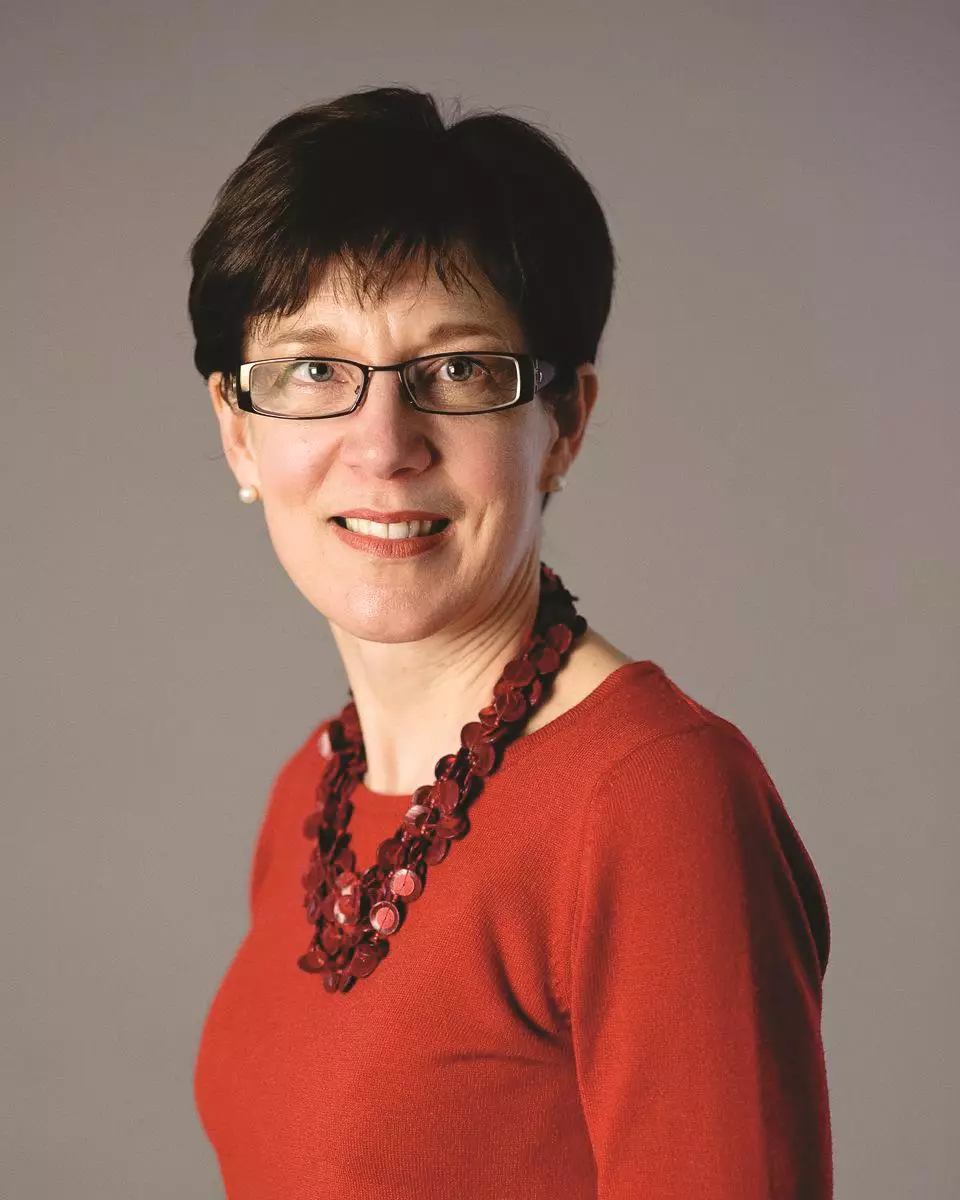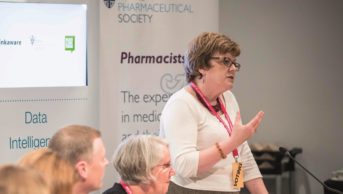
The landscape of pharmacy education continues to evolve and this year’s RPS Annual Conference will be an opportunity for attendees to engage with thought leaders from across the profession who are passionate about the training and development of pharmacists. Government reforms will change the way pharmacy education is delivered and funded, and the decisions made will have a profound impact on the future of our profession.
As a profession I believe we have a great opportunity, perhaps the greatest of our generation, to influence the future of pharmacy education. If we are successful our profession will be better equipped and more capable of improving the health of our nation than ever before.
Student numbers
Just ahead of last year’s conference the Centre for Workforce Intelligence published its strategic review of the pharmacy workforce. The analysis projected an oversupply of pharmacists of 11,000–19,000 by 2040.
The Minister for Universities and Science, David Willetts, expressed his concerns about the long-term impact of producing more pharmacy graduates than were needed to deliver safe and effective services and care for patients and the public — concerns that, I believe, are shared by the majority in our profession.
In response, the Higher Education Funding Council for England (HEFCE) and Health Education England (HEE) published a consultation on “Ensuring a sustainable supply of pharmacy graduates”. The RPS produced a leadership paper and responded to the consultation, supporting the introduction of student intake controls.
The first session of the “Educating for excellence stream” will include views from opinion leaders in academia, community pharmacy and Health Education England.
Future roles and recognition
Pharmacists are taking on a variety of innovative new roles and providing pharmaceutical care to patients in ways that would have been difficult to imagine a decade ago. It is vital that the profession has the right skills, knowledge and approach to deliver care in a ever changing healthcare environment.
The RPS Faculty has established a mechanism for the recognition of advancement in professional practice. Since its launch over 1,400 pharmacists have accessed the resources and tools available, beginning their journey to professional accreditation.
This year the “Educating for excellence” stream will be running a workshop to support pharmacists interested in advancing their professional development through the programme, with Faculty members on hand to share their journeys and reflect on their experience of the process.
Fitness to practise
Building the foundations for professional practice is a fundamental part of pharmacy education. The General Pharmaceutical Council (GPhC) has a code of conduct for pharmacy students (first published in 2010 as a response to the Shipman inquiry) and requires schools of pharmacy to have fitness to practise procedures in place for students. The Pharmacy Law and Ethics Association has organised a conference session to consider the effectiveness of these requirements four years after their implementation. The session will include views from the GPhC and the Pharmacists’ Defence Association, which has supported students in responding to complaints against them.
I believe the “Educating for excellence” stream promises to be as thought provoking as last year and I look forward to seeing you in Birmingham.
Mike Hannay is general manager and vice president for the biopharma services division of Thermo Fisher Scientific in the UK. He chairs the “Educating for excellence” stream at the RPS Annual Conference, held in Birmingham on 7–8 September 2014.
You may also be interested in

Enhancing patient care through research

Opportunities to learn and network
